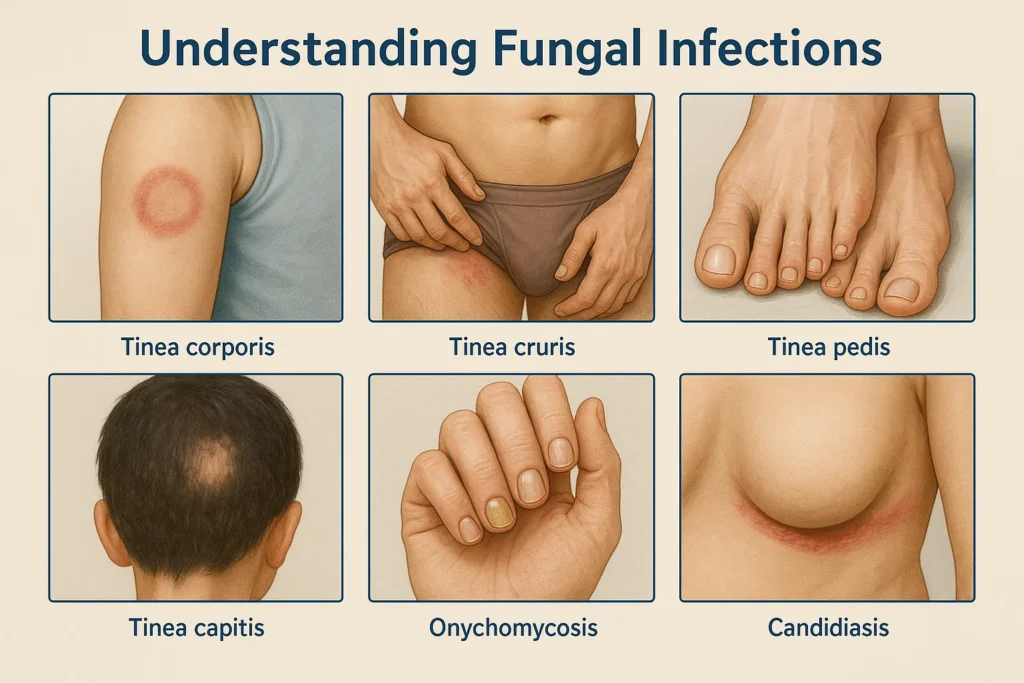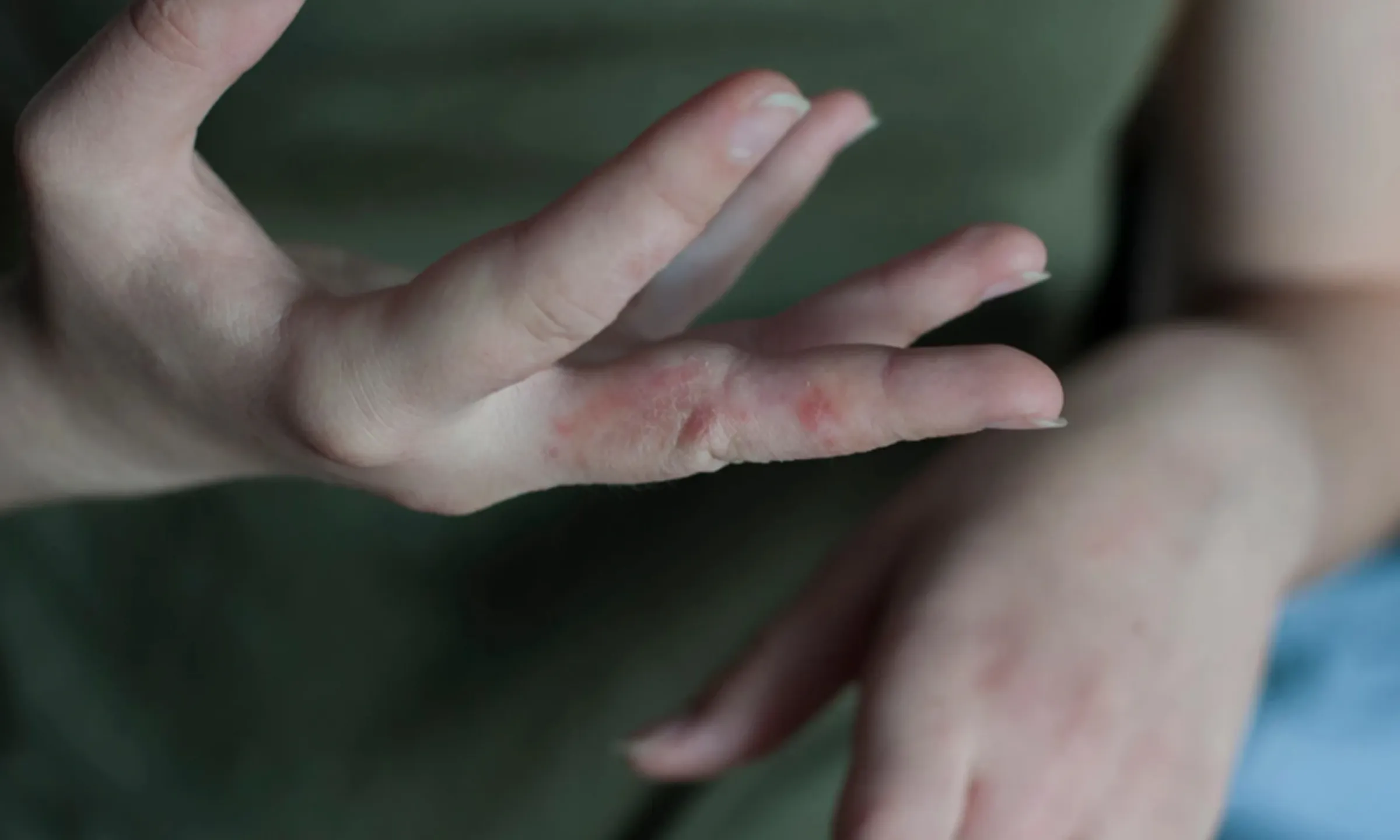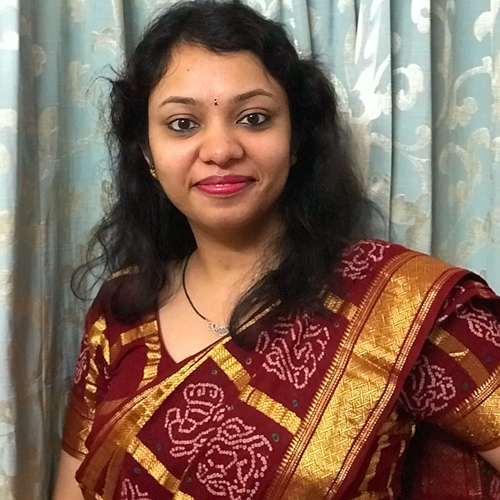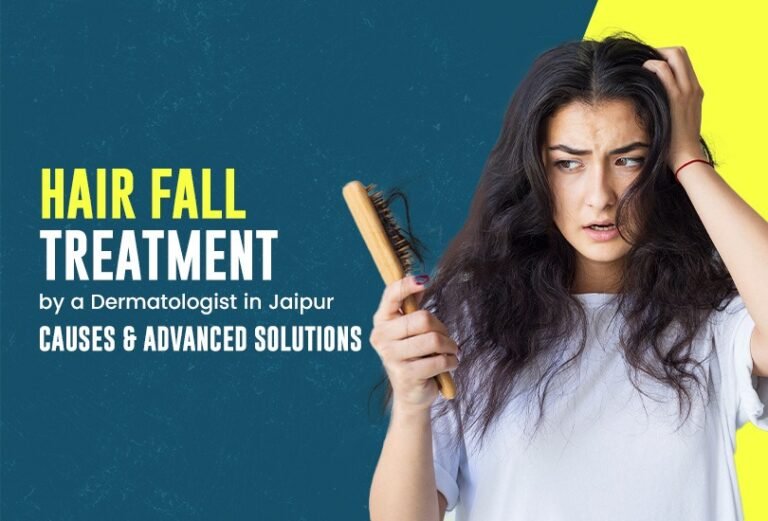Fungal infections are more common than most people realize, especially in warm and humid climates like Jaipur. These skin conditions, while not life-threatening, can cause discomfort, embarrassment, and complications if left untreated. Whether you’re dealing with persistent itching, flaking, or a skin rash that won’t go away, it’s important to consult a qualified dermatologist early.
Dermacian, Jaipur’s top-rated skin and hair clinic, offers advanced diagnosis and treatment for all types of fungal infections. With a dedicated team of specialists and over 43+ procedure rooms, Dermacian ensures precise, hygienic, and effective care tailored for fast relief and long-term prevention.
Understanding Fungal Infections
Fungal infections are caused by various types of fungi that thrive in warm, moist environments. These infections can affect different parts of the body, including the skin, scalp, nails, and even the groin area. Common types include:
- Tinea corporis (Ringworm) – Circular rash on the body
- Tinea cruris (Jock itch) – Itchy, red rash in the groin area
- Tinea pedis (Athlete’s foot) – Scaling and itching between toes
- Tinea capitis – Scalp infection often seen in children
- Onychomycosis – Fungal infection in nails causing discoloration and thickening
- Candidiasis – Yeast infection that can affect skin folds or mucous membranes

Most of these infections are contagious and can spread through direct contact with infected skin, clothing, or surfaces such as gym floors and towels.
Symptoms to Watch For:
- Persistent itching or burning
- Scaly or cracked skin
- Red or discolored patches
- Unpleasant odor (in some cases)
- White or yellow thickened nails
Early diagnosis and professional care can prevent fungal infections from spreading or recurring.
Why Choose Dermacian for Fungal Infection Treatment in Jaipur
When dealing with persistent or recurring fungal infections, expert diagnosis and treatment are essential. Dermacian stands out as one of the most trusted skin clinics in Jaipur for managing fungal infections with precision and care.
Here’s why thousands of patients choose Dermacian:
1. Dermatologists with 10+ Years of Expertise
Our team includes leading dermatologists in Jaipur who specialize in diagnosing and treating all forms of fungal infections, even chronic or misdiagnosed cases.
2. Advanced Diagnostic Tools
We use skin scraping analysis, KOH tests, Wood’s lamp examination, and fungal cultures to accurately identify the type and severity of infection ensuring personalized treatment plans.
3. Tailored Treatment Plans
Depending on the infection’s type and stage, our specialists may prescribe:
- Topical antifungal creams or lotions
- Oral antifungal medications (for deeper or widespread infections)
- Medicated shampoos (for scalp infections)
- Preventive care and hygiene guidance
4. Full Privacy and Comfort
Our 43+ procedure rooms are designed to provide a hygienic, private, and comfortable experience during consultation and treatment.
5. High Patient Satisfaction
We’re India’s highest-rated dermatology clinic, known for resolving even long-standing fungal infections with safe and effective solutions.
Types of Fungal Infections
Fungal infections can appear on different parts of the body, and each type requires specific treatment. At Dermacian, we treat a wide range of fungal infections with customized care.
1. Tinea Corporis (Ringworm)
- A circular, red, scaly patch that may itch or spread.
- Common on arms, legs, chest, or back.
2. Tinea Cruris (Jock Itch)
- Redness, itching, and rashes in the inner thighs or groin area.
- Common among athletes or people who sweat a lot.
3. Tinea Pedis (Athlete’s Foot)
- Cracked, itchy, or peeling skin between the toes or on soles.
- Often caused by humid footwear or gym environments.
4. Tinea Capitis (Scalp Infection)
- Itchy, scaly patches on the scalp, often with hair loss.
- More common in children but also affects adults.
5. Tinea Unguium (Nail Fungus/Onychomycosis)
- Discolored, thick, or brittle nails.
- Requires oral antifungals and long-term care.
6. Candidiasis (Yeast Infections)
- Appears in skin folds, armpits, under breasts, or genital areas.
- Often worsens with heat, moisture, or antibiotic use.
7. Tinea Versicolor (Patchy Skin Discoloration)
- Light or dark patches on chest, back, or shoulders.
- Caused by fungal imbalance on oily skin.
When to See a Fungal Infection Specialist in Jaipur
Not all skin issues are fungal and not all fungal infections go away with home remedies. It’s important to consult a fungal infection doctor when:
1. Symptoms Persist Beyond 1–2 Weeks
If itching, redness, or skin irritation doesn’t improve despite over-the-counter creams, it could be a deeper infection.
2. Infection Spreads or Gets Worse
If the rash spreads to other areas or becomes more inflamed, it needs professional care.
3. You Have Recurrent Infections
Recurring fungal infections often signal an underlying issue like diabetes, obesity, or immune imbalance that requires medical attention.
4. You Notice Unusual Discharge or Odor
In genital or foot infections, a foul smell or discharge can indicate a severe or mixed infection that needs targeted antifungal and antibacterial treatment.
5. Home Remedies or Chemist Creams Fail
Many OTC creams offer temporary relief but don’t fully cure the root cause. Improper use may even worsen the infection.
6. Involvement of Nails, Scalp, or Groin
These areas are harder to treat and require prescription-strength oral or topical medications.
Visit Dermacian If:
You want accurate diagnosis, fast recovery, and relapse prevention from certified skin specialists in Jaipur.

Why Choose Dermacian for Fungal Infection Treatment in Jaipur
When it comes to treating stubborn or recurring fungal infections, not all clinics offer the same level of expertise or care. Here’s why Dermacian stands out as the best skin clinic in Jaipur for fungal infection treatment:
1. Skin & Fungal Disease Specialists
Our dermatologists are experienced in diagnosing and treating even the most resistant fungal infections using clinical-grade methods.
2. Accurate Diagnosis with Advanced Tools
We use Wood’s lamp, KOH microscopy, and fungal culture to confirm the infection type ensuring the right treatment from Day 1.
3. Customized Treatment Plans
From oral antifungals to medicated topical regimens, our treatments are customized for your infection type, skin sensitivity, and lifestyle.
4. Relapse-Proof Management
We treat not just the current infection, but also identify the root cause (like sweat, diabetes, tight clothing, or steroid overuse) to avoid recurrence.
5. 43+ Procedure Rooms, No Waiting
Dermacian is India’s largest private dermatology facility, so you won’t waste time in queues just walk in and get seen.
6. Transparent Advice, No Over-Prescription
We educate you on what works, what to avoid (like harmful OTC creams), and offer only medically backed solutions.
Conclusion: Regain Healthy, Fungal-Free Skin with Expert Help
Fungal infections may start small, but if ignored or mistreated, they can spread rapidly and become chronic. Over-the-counter creams and home remedies often provide only temporary relief and may even worsen the condition.
If you’re struggling with recurring fungal infections, persistent itching, rashes, or discolored skin patches, it’s time to consult an expert.
At Dermacian, Jaipur’s most trusted dermatology clinic, you receive:
- Accurate diagnosis
- Doctor-prescribed antifungal treatments
- Long-term prevention guidance
- Care from India’s leading dermatologists
Don’t let fungal infections control your comfort or confidence. Book your consultation today and start your journey to clear, healthy skin.
Frequently Asked Questions
1. Which doctor should I consult for fungal infection in Jaipur?
You should consult a qualifieddermatologist, as they specialize in skin, hair, and nail disorders, including fungal infections. At Dermacian Jaipur, experienced dermatologists offer accurate diagnosis and advanced antifungal treatments.
2. How do I know if my skin infection is fungal?
Common signs of fungal infections include itching, redness, flaky skin, discolored patches, burning sensation, and sometimes an unpleasant odor. A skin specialist can confirm the diagnosis through clinical examination or lab tests.
3.Can fungal infections go away on their own?
Mild cases may improve temporarily, but most fungal infections require proper antifungal treatment to prevent spreading or recurrence. Self-treatment can often worsen the condition or delay healing.
4.How long does it take to cure a fungal infection?
The duration depends on the severity and type of fungal infection. Most skin infections respond within 2 to 4 weeks, while nail or scalp infections may take longer. Timely medical care speeds up recovery.
5. Is it safe to use home remedies for fungal infections?
Home remedies may provide temporary relief but are not reliable for full recovery. In some cases, they irritate the skin or worsen the infection. Always consult a doctor before trying alternative treatments.








